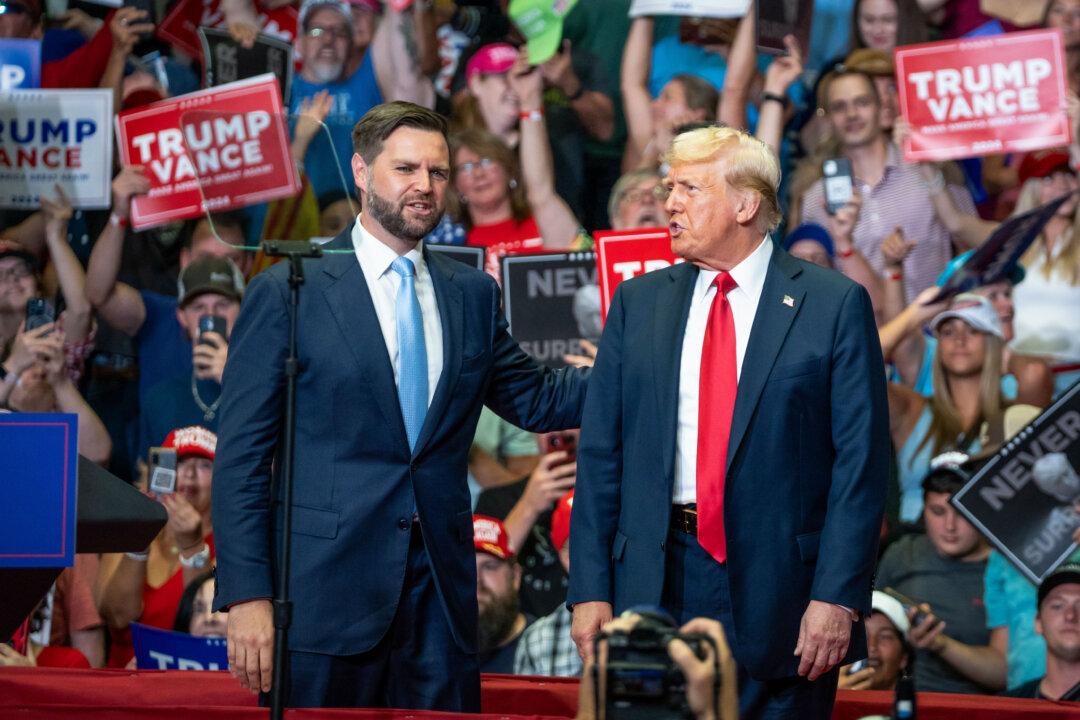President-elect Donald J. Trump has chosen the men and women who will likely play leading parts in his administration.
Transition chief of staff Susie Wiles announced the Cabinet was complete on Nov. 26.

President-elect Donald J. Trump has chosen the men and women who will likely play leading parts in his administration.